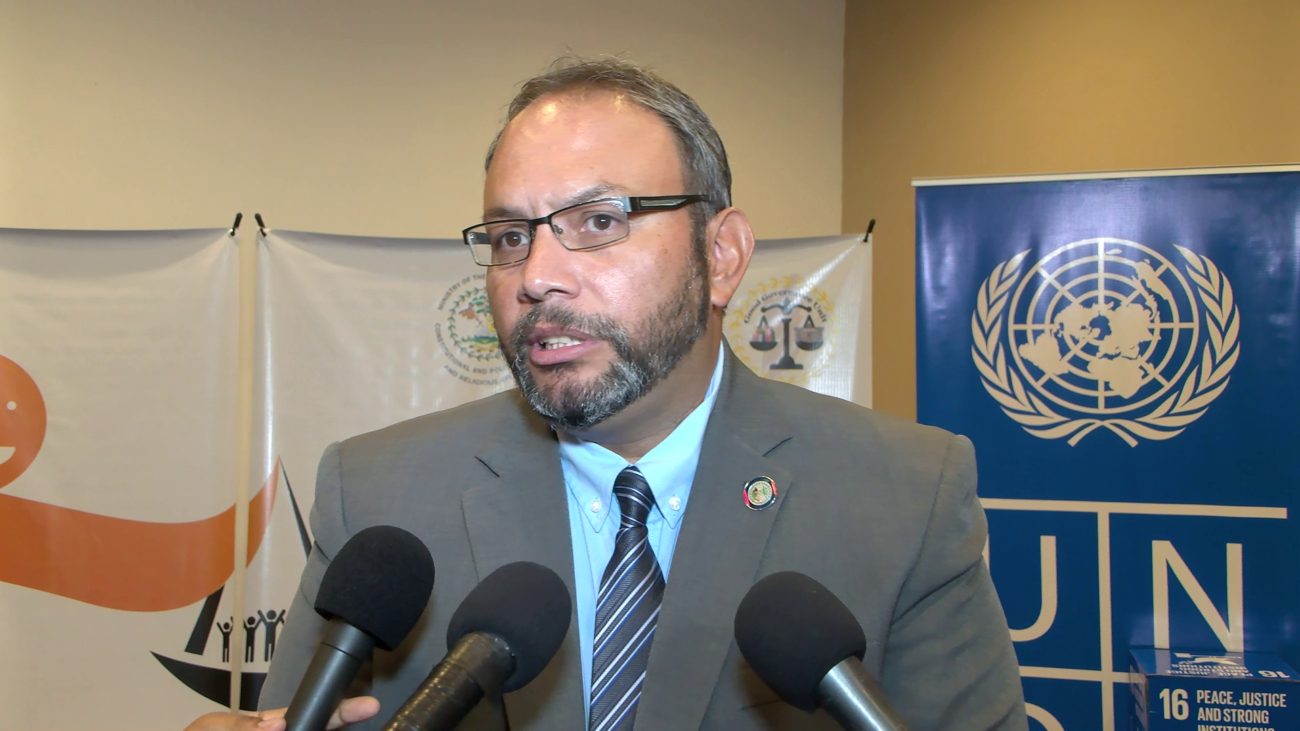Minister Usher Hails Belize’s Constitutional Reform as a ‘Historic’ Milestone
Despite facing criticism over its execution, Minister of Constitutional Reform, Henry Charles Usher, remains confident in the success of Belize’s constitutional reform project. Usher highlights that this initiative is the first of its kind worldwide, emphasizing its groundbreaking approach. He further underscores the importance of the project’s commitment to engaging Belizeans in discussions about their constitution, despite the challenges encountered along the way.
Henry Charles Usher, Minister of Constitutional & Political Reform
“There has always been the criticism that the government is not hearing what the people are saying. Well, this is an opportunity to hear directly from the people utilizing the, the form of the PCC. It is not about any particular commissioner with a personal agenda to come in and say this is how the constitution should look. Their job, and the job of all of the stakeholders, was to get this information from the people, report back to the government. For instance, on the issue of finance and accountability. Do you as a Belizean citizen feel comfortable with the budget process? That is supposed to come back to the government. On the issue of the head of state, do you as a Belizean people want to see the Governor General remain the head of state, or do you want to see a shift? That is what we’re doing. It’s not for any particular individual or stakeholder to go in and try to bring their agenda or their feelings into the process. This is the People’s Constitution Commission, and I don’t think we appreciate that this is the first time in the history of the world, really, that something like this has been done. Barbados is currently in the process of rewriting their constitution, but what they have done is put together a team of lawyers stuck in a room somewhere trying to write this new constitution. They were supposed to release it in March. We’re now in October. We still have not seen that. The People’s Constitution Commission is one that it took a little longer. Why? Because that process of educating and consulting with the Belizean people is very critical.”







Facebook Comments